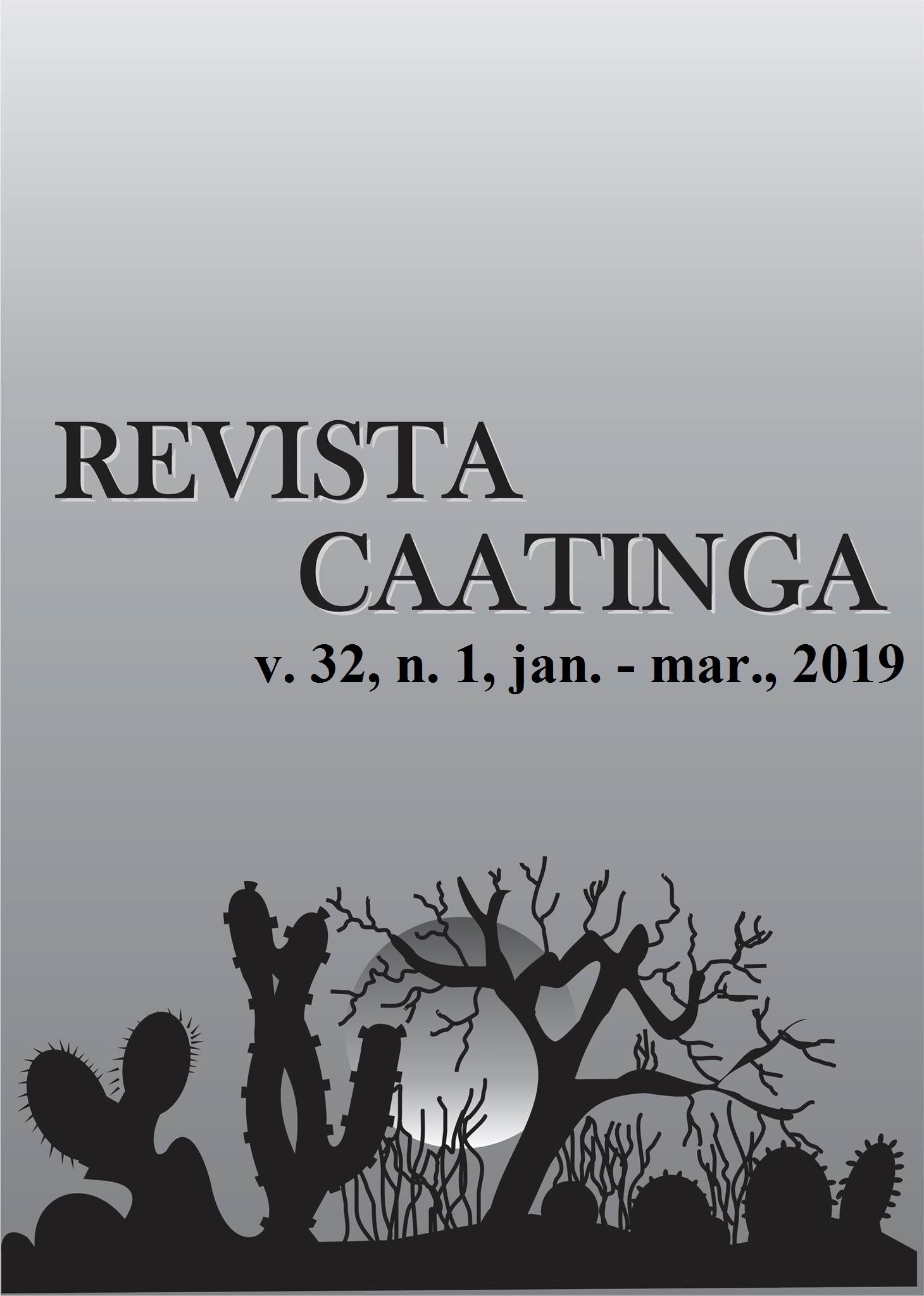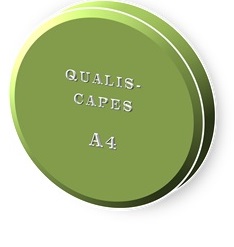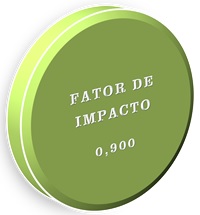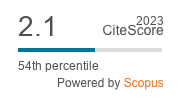SOIL CHANGES AND YIELD OF MAIZE FERTILIZED WITH SWINE WASTEWATER
DOI:
https://doi.org/10.1590/1983-21252019v32n117rcKeywords:
Organic waste. Soil attributes. Zea mays.Abstract
Swine wastewater can be used as a biofertilizer and promote significant improvements in soil physical-chemical attributes and yield. The objective of this study was to evaluate the effects of swine wastewater application on soil and maize yield. The experiment was conducted at the Agricultural Sciences Center of the Federal University of Piauí, in Teresina, Piauí, Brazil, from August to November 2015. The experimental design used completely randomized blocks in split-plot scheme, with five doses of swine wastewater (0, 25, 50, 75 and 100 m³ ha-1) in the plots and two soil depths (0.20 and 0.40 m) in the subplots, with four replications. Exchangeable contents of calcium, magnesium, phosphorus, potassium and sodium, electrical conductivity, pH, sum of bases, base saturation, potential acidity and cation exchange capacity, and crop yield were evaluated. Results showed calcium, magnesium, sum of bases and cation exchange capacity increased with elevated levels of swine wastewater. Potassium and sodium contents however decreased with doses of 51.58 and 52.28 m3 ha-1, respectively. Except for potassium and potential acidity, variables showed higher values at the 0-0.20 m depth.
Downloads
Downloads
Published
Issue
Section
License
Os Autores que publicam na Revista Caatinga concordam com os seguintes termos:
a) Os Autores mantêm os direitos autorais e concedem à revista o direito de primeira publicação, com o trabalho simultaneamente licenciado sob a Licença Creative Commons do tipo atribuição CC-BY, para todo o conteúdo do periódico, exceto onde estiver identificado, que permite o compartilhamento do trabalho com reconhecimento da autoria e publicação inicial nesta revista, sem fins comerciais.
b) Os Autores têm autorização para distribuição não-exclusiva da versão do trabalho publicada nesta revista (ex.: publicar em repositório institucional ou como capítulo de livro), com reconhecimento de autoria e publicação inicial nesta revista.
c) Os Autores têm permissão e são estimulados a publicar e distribuir seu trabalho online (ex.: em repositórios institucionais ou na sua página pessoal) a qualquer ponto antes ou durante o processo editorial, já que isso pode gerar alterações produtivas, bem como aumentar o impacto e a citação do trabalho publicado (Veja O Efeito do Acesso Livre).







